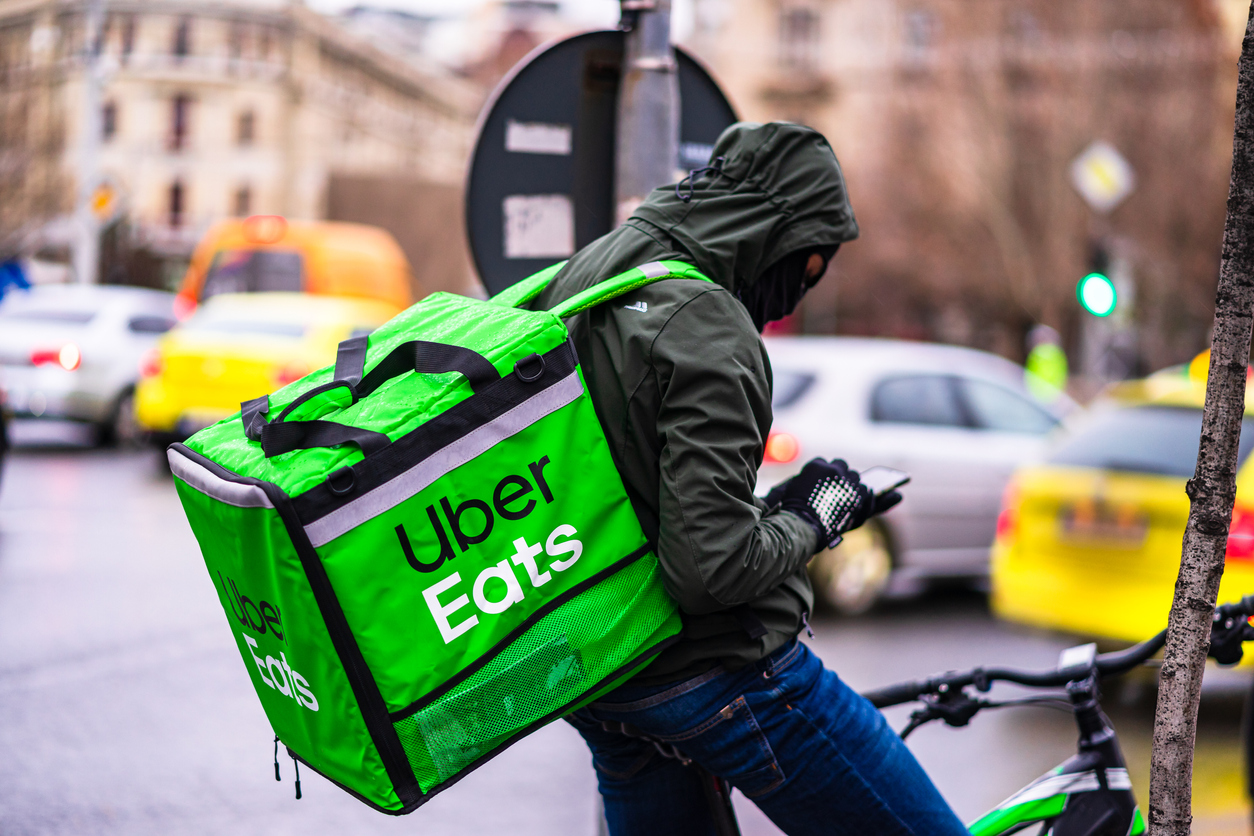- July 6, 2023
- 3 minutes read
Food Delivery Giants Take Legal Action Against New York City’s Wage Requirements for Drivers

Food delivery services DoorDash, Uber Eats, Grubhub, and Relay have taken legal action against the city of New York, filing lawsuits in the New York Supreme Court. The lawsuits challenge the city’s new minimum wage requirements for delivery drivers imposed in June. Under the new regulations, the minimum wage was set at $17.96 per hour, with an increase scheduled to $19.96 by 2025. The delivery companies argue that these wage hikes are unreasonably high for their industry.
DoorDash, one of the plaintiffs, criticized the new wage as arbitrary and based on questionable methodology. In an email response to WGB, a DoorDash spokesperson stated, “Bad policies cannot go unchallenged, and we will not stand by and let the harmful impacts of this earnings standard on New York City customers, merchants, and the delivery workers it was intended to support go unchecked.” The company believes that the wage decision was influenced by biased questioning of delivery drivers about their pay, further fueling their contention that the process was flawed.
DoorDash also highlighted the inconsistency in the wage requirement, noting that it applies to restaurant deliveries but not grocery deliveries. The company questioned why the city excluded grocery delivery platforms from its study and rulemaking when the rules still apply to businesses facilitating both restaurant and grocery deliveries. This inconsistency could subject workers to different legal standards for identical orders, solely based on the platform they choose.
The Department of Consumer and Worker Protection (DCWP) representative could not be reached for immediate comment. However, the department and the city issued a statement when the wage ordinance was passed, emphasizing their commitment to the well-being of delivery workers.
DoorDash further argued that the new wage requirement would adversely affect consumers who would have to bear increased delivery costs. The impacts, according to the company, would disproportionately affect busy families reliant on the accessibility and convenience of delivery, small restaurants striving to grow their businesses, and delivery workers seeking additional income to make ends meet.
Interestingly, the lawsuits come on the heels of DoorDash’s recent announcement introducing more flexibility in driver payments. Drivers now have the option to receive an hourly wage instead of being paid based on order size and distance. DoorDash aims to offer its drivers greater choice and control over their earnings, recognizing the importance of flexibility for its workforce.
These legal actions follow similar cases against delivery services such as DoorDash and Instacart regarding their payment structures. Instacart settled a lawsuit with the city of San Diego for $46.5 million, while DoorDash was ordered to pay $5.3 million in a San Francisco case. These settlements highlight the growing scrutiny on labor practices within the gig economy and the efforts of city authorities to ensure fair treatment for workers.
As the lawsuits unfold, the outcomes could have significant implications for the food delivery industry and labor regulations in New York City, potentially shaping the future of how drivers are compensated and the overall relationship between delivery platforms and their workers.
